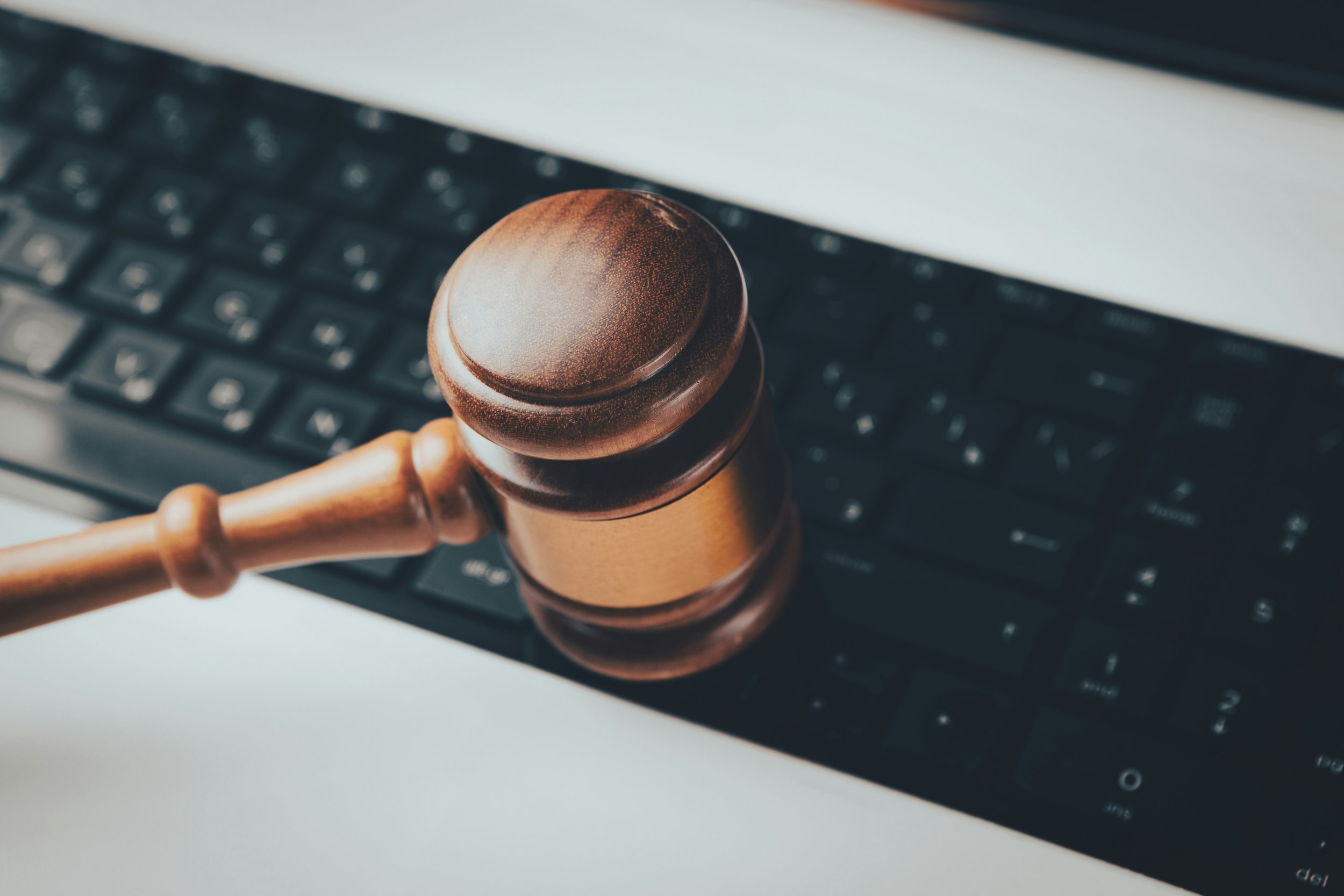Early Neutral Evaluation — An Essential Procedure for Founder Disputes
When used correctly, an early neutral evaluation can lower the temperature of a dispute and produce reasonable and fair outcomes.
Disputes between founders in emerging companies can spell trouble for the venture and lead to expensive, headline-grabbing lawsuits. Early intervention by company counsel is essential in order to protect the company. This can include proposing an appropriate form of alternative dispute resolution which can help resolve the dispute in a fair and reasonable way.
What is early neutral evaluation (ENE)?
One often overlooked form of dispute resolution that can assist in producing a fair outcome is early neutral evaluation. Early neutral evaluation (ENE) is a procedure in which a neutral issues an informed written opinion related to the dispute, describing how the neutral thinks a court would rule on key issues.
As part of the ENE, each party typically provides a written brief summarizing its case, describing key facts and delineating its most persuasive legal arguments. The evaluator usually asks additional questions after receiving the parties’ briefs, and, if appropriate, can host the parties for a short period of time (perhaps half a day) for additional oral questioning related to the dispute and as a means of supplementing the briefing.
ENE is not a mediation or arbitration process, and the evaluator does not otherwise assist the parties in resolving the dispute other than by providing the neutral written assessment. However, a competent evaluator should be able to crystallize the strengths and weaknesses of each side’s case and explain who is likely to win and lose.
When ENE is useful
Assuming a competent evaluator, ENE can be a useful form of dispute resolution. Unlike an arbitration, the opinion rendered by the evaluator is typically non-binding, which carries softer stakes for disputants. In contrast to mediation, where the parties are expected to be flexible for purposes of ending the dispute, the parties in an ENE are free to take a robust litigation position, including with respect to their preferred remedies, to showcase to the evaluator why they are more likely to prevail. In this way, parties can truly test the merits of their case.
The opinion itself can also spur honest reflection amongst litigants and their counsel. Neutral evaluation related to the strengths and weaknesses of key legal arguments—including an assessment of who is likely to prevail under governing law—can force parties to consider the costs of litigation, particularly if a key legal strategy suffers from defects.
Company founders often tend to be well-versed in basic legal frameworks and are relatively sophisticated from a business perspective. Reading a neutral assessment produced by someone who has grappled in good faith with the dispute can therefore carry significant weight and may help spur other settlement discussions. For many founders, the litigation process is also an attempt “to be heard,” and the ENE can provide one such forum.
When ENE is not likely to be useful
Like all forms of alternative dispute resolution, ENE is not likely to be useful if the litigants are not truly open to the possibility of resolution. ENE is not likely to be useful if the evaluator has not been empowered to address key aspects of the litigation. ENE is not likely to be useful if litigants themselves do not take advantage of the opportunity to have their chief arguments weighed by a neutral (for example, if litigants reserve or hold back on key arguments). ENE is not likely to be useful if the evaluator does not provide a thorough enough assessment of the strengths and weaknesses of each side’s case or fails to provide a useful written opinion.
Confidentiality
A note on confidentiality—it is essential that the entire ENE process be treated as confidential and not be used in any way as part of formal litigation proceedings. Parties should therefore ensure confidential treatment under applicable settlement discussion or mediation privileges. The ENE agreement should also contain affirmative covenants of non-disclosure and non-use by the parties.

